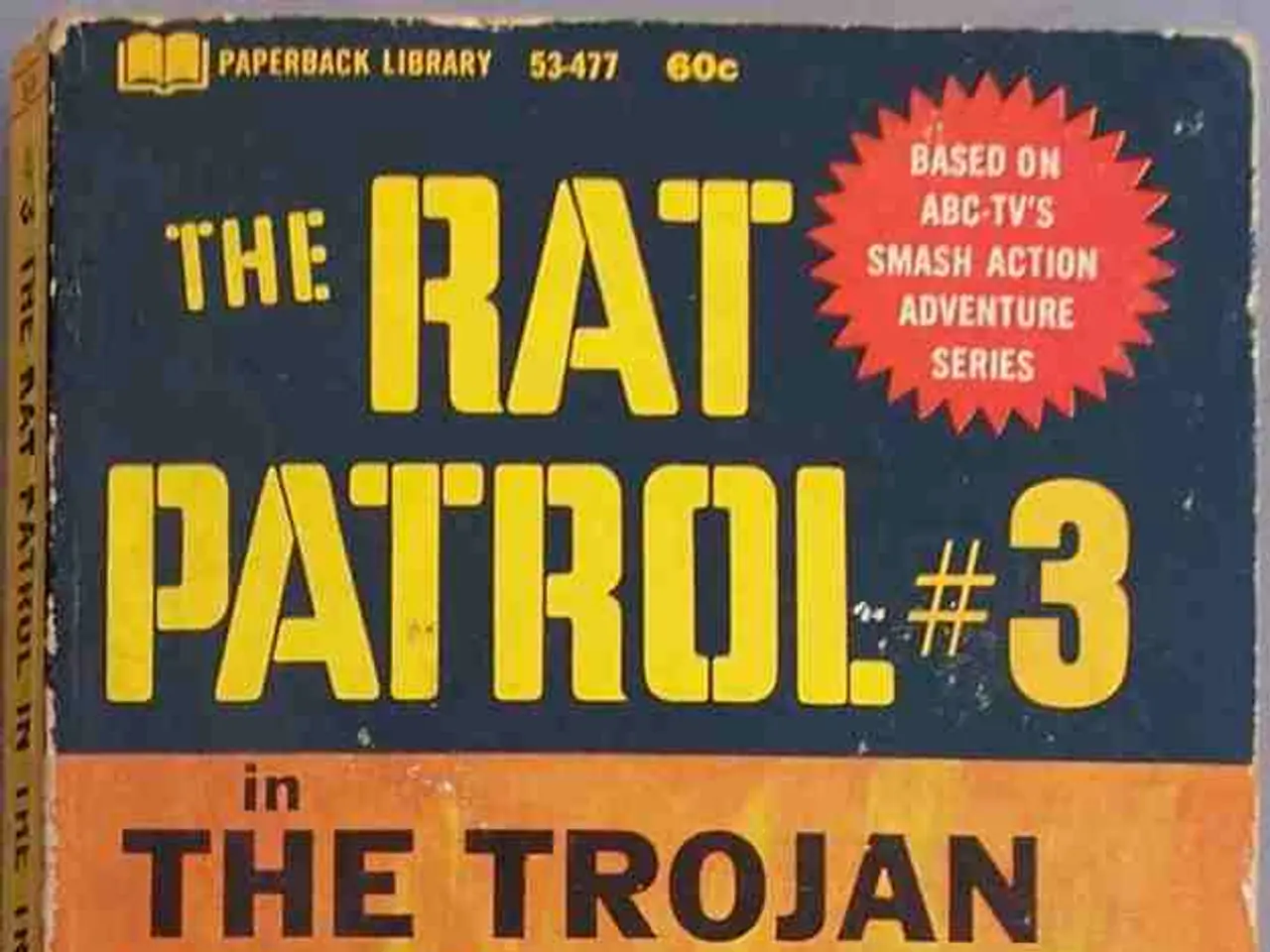Robinhood Facilitates U.S.based Ethereum and Solana Staking, Pushing SEC Limits
In a significant move for the crypto industry, Robinhood, the popular investment platform, has launched Ethereum and Solana staking for U.S. customers, marking a strategic shift into a territory previously avoided by others. This decision, however, comes amidst ongoing legal adaptations and the need for transparent communication, as the Securities and Exchange Commission (SEC) continues to grapple with the regulatory landscape of staking activities.
The SEC's new clarifications on crypto staking activities, issued in mid-2025, have provided a much-needed breath of clarity. Solo staking, delegated staking, and custodial staking tied directly to a network’s consensus process, such as Ethereum and Solana staking, are no longer considered securities offerings. This means rewards earned from staking are regarded as compensation for services (network validation), not profits derived from others' efforts, thus removing these staking activities from securities classification under the Howey test.
This regulatory clarity enables validators, node operators, and both retail and institutional stakers to participate in staking without fear of SEC enforcement, encouraging broader adoption of proof-of-stake networks. However, the SEC continues to consider yield farming, guaranteed ROI DeFi bundles, and schemes disguised as lending as likely securities and thus illegal without registration.
When staking features are integrated into traditional investment products like ETFs, the SEC remains cautious. For example, the SEC recently delayed its decision on Bitwise’s Ethereum staking ETF, citing concerns about risks related to validator penalties ("slashing"), liquidity mismatches, and centralization issues.
Therefore, while staking as a direct network activity is now clearly legal and non-security, the SEC retains regulatory scrutiny over complex, productized staking yield offerings marketed to investors, especially through traditional finance channels like ETFs or brokerage platforms.
Robinhood's bold step into staking could accelerate wider staking adoption or lead to another SEC standoff. Eligibility for Robinhood's Ethereum and Solana staking is region-specific, reflecting a cautious compliance strategy across different states. Crypto investors will be watching closely to see if Robinhood can maintain service without triggering enforcement, potentially shaping the future of staking access for American users.
Without clear rules, staking might be reclassified as securities again, leading to service disruptions. The lack of consistent federal policy continues to slow crypto's mainstream momentum in the U.S. Crypto analysts and industry apps have reacted to the development with both interest and concern, as they navigate this evolving regulatory landscape.
[1] SEC Guidance on Crypto Staking Activities, May 29, 2025. [4] SEC Delays Decision on Bitwise’s Ethereum Staking ETF, June 15, 2025.
Investors can now participate in Ethereum and Solana staking through Robinhood, thanks to the SEC's clarification in 2025 that these activities are no longer considered securities offerings. However, the SEC still maintains regulatory oversight over complex, productized staking yield offerings, particularly those marketed through traditional finance channels like ETFs or brokerage platforms.




